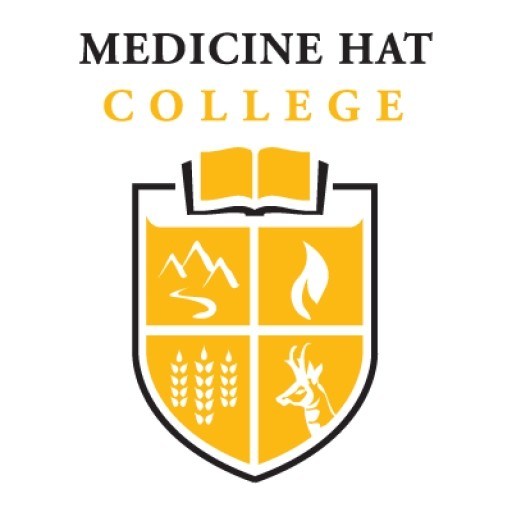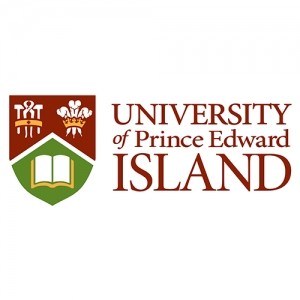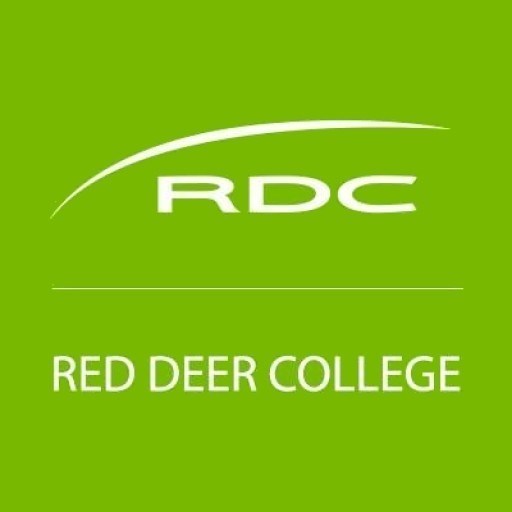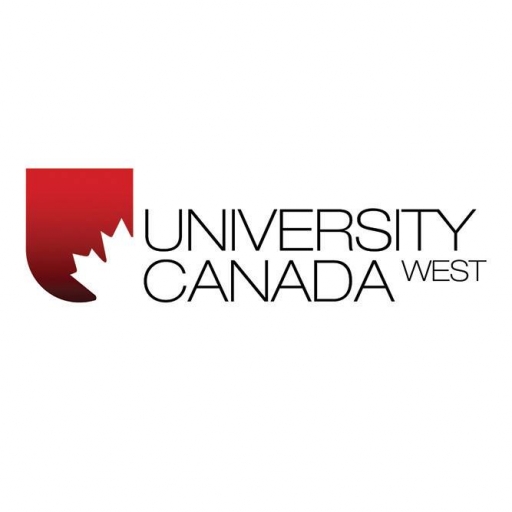Photos of university / #uofreginaofficial
The University of Regina offers a comprehensive Pre-Physical Therapy program designed to prepare students for entry into accredited physical therapy professional programs and to foster a strong foundation in the sciences and health sciences. This program provides students with essential knowledge in anatomy, physiology, biology, chemistry, and psychology, equipping them with the critical thinking and academic skills necessary for success in graduate studies. Throughout the program, students engage in coursework that emphasizes human anatomy, movement sciences, and health sciences, along with opportunities for practical experience and research projects to enhance their understanding of the physical therapy field. The curriculum is structured to develop competencies in scientific inquiry, clinical reasoning, and ethical practice, aligning with the requirements for admission into various professional physical therapy programs across Canada and beyond. Students also benefit from personalized academic advising, workshops on graduate school applications, and exposure to the latest advancements in physical therapy. The university fosters a supportive learning environment that encourages active engagement, collaboration, and community involvement, preparing graduates to pursue advanced education or careers in healthcare settings related to physical therapy, rehabilitation, and wellness. The Pre-Physical Therapy program at the University of Regina is ideal for students dedicated to improving health outcomes and interested in making a positive impact on individuals' quality of life through physical therapy practices.
The Pre-Physical Therapy program at the University of Regina is designed to provide students with a strong foundation in the sciences, health, and human movement, preparing them for admission to graduate programs in physical therapy. This undergraduate program offers a comprehensive curriculum that emphasizes both theoretical knowledge and practical skills necessary for a successful career in physical therapy. Throughout the program, students engage in courses such as anatomy, physiology, biology, psychology, and kinesiology, developing a thorough understanding of human body systems and how they function in health and disease. In addition to science courses, students participate in courses focused on health sciences, research methods, and professional practice to cultivate critical thinking and evidence-based decision-making skills.
Students in the Pre-Physical Therapy program benefit from hands-on learning experiences, including laboratory work, clinical observations, and internships, which provide real-world exposure to the healthcare environment. The program also encourages the development of communication, teamwork, and ethical reasoning skills essential for effective interaction with diverse patient populations and healthcare teams. Faculty members are dedicated to student success and often collaborate with local healthcare institutions to create opportunities for experiential learning.
The curriculum is designed to meet or exceed prerequisites for admission to the University of Saskatchewan’s Master of Physical Therapy program, which students typically pursue after completing their undergraduate degree. The program’s comprehensive coursework ensures students are well-prepared for the rigors of graduate studies and professional practice. Graduates of the Pre-Physical Therapy program are equipped not only with the academic prerequisites but also with a foundational understanding of human movement and health sciences, positioning them for successful admission to physical therapy graduate programs and eventual careers as licensed physical therapists. The program aims to develop skilled, compassionate healthcare professionals committed to improving patient quality of life through rehabilitation and movement sciences.
The Bachelor of Science with a major in Pre-Physical Therapy at the University of Regina is designed to prepare students for admission to graduate programs in physical therapy. The program emphasizes foundational coursework in the sciences, including biology, chemistry, and physics, to build a strong understanding of human anatomy and physiology. Students are required to complete a minimum of 60 credit hours, which typically includes core courses such as Introduction to Biology, General Chemistry, Organic Chemistry, Physics, and Introduction to Psychology. In addition to science courses, students undertake foundational coursework in mathematics and communication skills to support their academic and professional development. Elective courses may include topics such as health sciences, kinesiology, and human development, allowing students to tailor their education towards physical therapy. A crucial component of the program is practical experience; therefore, students are encouraged to engage in supervised clinical or observational opportunities to gain exposure to physical therapy practice. The program may also require successful completion of specific prerequisites and maintaining a certain GPA for progression. While specific course sequences and requirements can vary, the program aims to prepare students academically for application to accredited graduate physical therapy programs. Admission to graduate programs in Physical Therapy generally depends on successful completion of prerequisite coursework, competitive academic standing, and relevant experience in healthcare settings. The Pre-Physical Therapy program at the University of Regina provides students with a comprehensive foundation in health sciences to support their future career ambitions in physical therapy.
The University of Regina offers various financing options to support students enrolled in the Pre-Physical Therapy program. While the program itself may not have specific scholarships dedicated solely to Pre-Physical Therapy, students can benefit from general university scholarships, bursaries, and financial aid programs available to all students. The University of Regina provides entrance scholarships based on academic achievement, which can significantly reduce the financial burden for eligible students. Additionally, students are encouraged to explore external funding sources such as provincial and federal government aid programs, including student loans and grants. The Government of Canada offers student loans that can be applied for through the Canada Student Loans Program (CSLP), providing financial assistance to cover tuition fees and living expenses for qualified students. The Saskatchewan Student Assistance Program (SSAP) is another resource available to residents of Saskatchewan, offering bursaries and loans to eligible students pursuing post-secondary education within the province.
Part-time work opportunities are available on-campus and in the surrounding community, allowing students to earn income while studying. The University of Regina's Career Centre assists students in finding part-time jobs, co-op placements, and internships that can complement their academic pursuits and enhance their professional experience. Many students also explore private scholarships offered by organizations, foundations, and professional associations related to health sciences and physiotherapy. Students are advised to regularly check the university’s Financial Aid Office and Scholarship Bulletin for updated opportunities and application deadlines.
Financial planning advisors are available through the university’s Student Support Services to help students budget effectively and identify suitable funding sources. The university encourages early application for financial aid and scholarship programs, ideally before commencing studies, to maximize funding opportunities. While tuition fees for the Pre-Physical Therapy program are aligned with undergraduate health sciences programs and are subject to annual increases, students should prepare for costs related to tuition, books, supplies, and living expenses. Overall, students are empowered to utilize a combination of scholarships, government aid, work opportunities, and personal savings to finance their education in Pre-Physical Therapy at the University of Regina.
The Pre-Physical Therapy program at the University of Regina is designed to prepare students for graduate studies in physical therapy and related health professions. This program provides a strong foundation in sciences such as biology, chemistry, physics, and human anatomy, as well as opportunities to develop critical thinking, communication, and problem-solving skills. Students interested in pursuing a career in physical therapy typically complete this pathway to ensure they meet the prerequisites required by accredited graduate programs. The curriculum emphasizes both theoretical knowledge and practical experience, often including laboratory work, research projects, and volunteer or internship opportunities to gain firsthand experience in healthcare settings. The program encourages students to engage with faculty members who have expertise in health sciences and to participate in research and community outreach activities. Graduates from the Pre-Physical Therapy program often go on to apply to professional physical therapy schools across Canada or internationally. Admission requires a strong academic record, especially in sciences, as well as relevant volunteer or work experience in healthcare environments. The University of Regina's facilities and resources support student learning through modern laboratories, libraries, and IT infrastructure. Additionally, the program fosters a collaborative and supportive learning community, helping students build networks and develop the interpersonal skills necessary for patient care. The combination of coursework, experiential learning, and academic advising prepares students to succeed in competitive graduate programs and future careers in physical therapy and related health fields.






